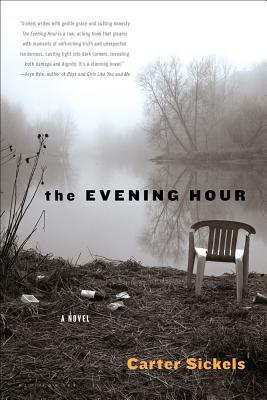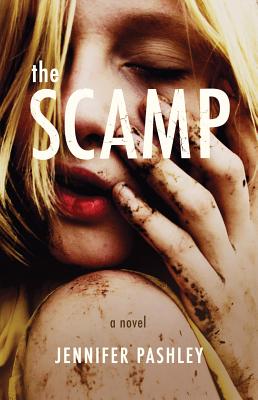In the ’80s and ’90s, pen names began to serve less sociopolitical needs. Now a pseudonym provides an artistic reboot, or serves as an experiment, or permits a writer to reach the wallets of a new audience. […]
Authors also use pen names that italicize the genre in which they’re writing. Are you more likely to read a pulpy mystery by a writer named Robb or a writer named Nora? What would look better in swirling, golden script on the steamy jacket cover of a romance novel: Leigh Greenwood? Or Leigh Greenwood’s actual name, Harold Lowry?
A related point—and one the article doesn’t address—is the question of ethnicity and culture. As a writer with an unusual (and clearly non-Caucasian) name, I set up certain expectations for my writing just by having my name at the top of the page or on the book’s spine. A reader picking up a novel by “Cynthia Yi-Ling Chang,” for instance, might be more inclined to step into the vivid and continuous dream if the novel involves Chinese characters—but less inclined if the novel involves, say, white New Yorkers, or black inner-city kids, or any group that doesn’t “match” the author’s presumed ethnicity. The same holds true for virtually any other name, except, perhaps, Anonymous.
Pen names function as marketing tools, but they also involve issues of authority and identity. Have you ever written under a pseudonym? If so, why, and why did you choose the name you used?






